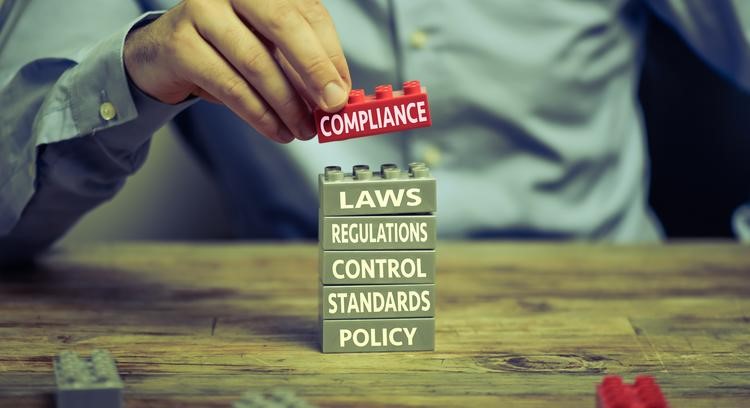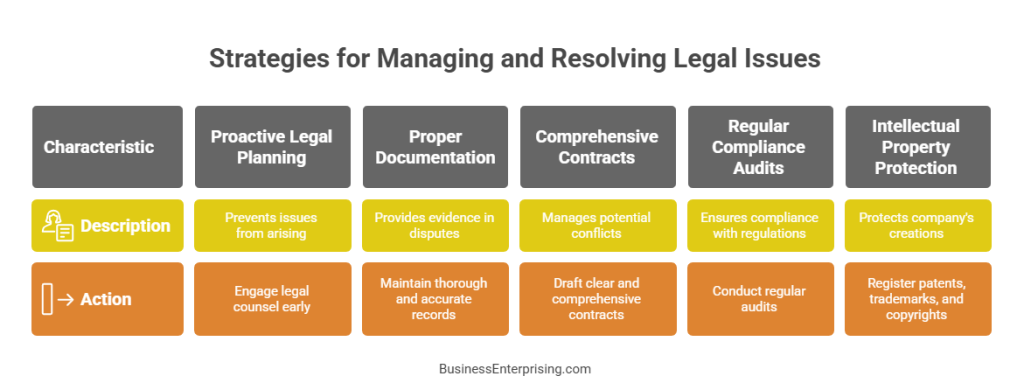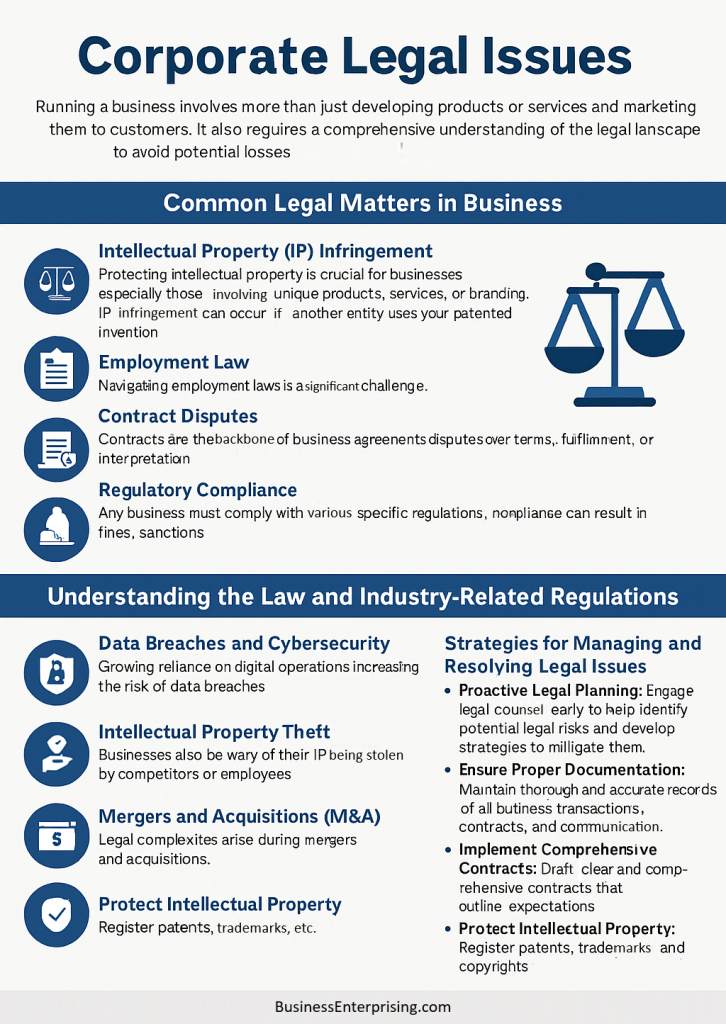
Common Legal Matters in Business
Intellectual Property (IP) Infringement: Protecting intellectual property is crucial for businesses, especially those relying on unique products, services, or branding. IP infringement can occur if another entity uses your patented invention, trademarked logo, or copyrighted material without permission.
Employment Law: Navigating employment laws is a significant challenge. Issues such as wrongful termination, discrimination, harassment, wage disputes, and misclassification of employees can lead to costly lawsuits and damage to company morale and reputation.
Contract Disputes: Contracts are the backbone of business agreements. Disputes may arise over terms, fulfillment, or interpretation of contracts, leading to potential breaches that could harm business relationships and financial standing.
Regulatory Compliance: Businesses must comply with various regulations depending on their industry. Non-compliance with health and safety standards, environmental regulations, data protection laws (like GDPR and CCPA), and industry-specific guidelines can result in fines, sanctions, and operational shutdowns.
Product Liability: If a product causes harm or injury, the business could face product liability claims. These claims can be financially devastating and damage a company’s reputation.
Understanding the Law and Industry-Related Regulations
Data Breaches and Cybersecurity: As businesses increasingly rely on digital operations, the risk of data breaches and cybersecurity threats grows. Legal matters related to data breaches include violation of privacy laws, liability for compromised customer data, and regulatory penalties.
Intellectual Property Theft: Businesses also need to be wary of their IP being stolen by competitors or former employees. Protecting trade secrets and proprietary information is essential to maintaining a competitive edge.
Mergers and Acquisitions (M&A): Legal complexities arise during mergers and acquisitions, including due diligence, antitrust laws, and integration of legal obligations from the acquired company.
Tax Issues: Businesses must navigate complex tax regulations and ensure accurate reporting and payment. Errors or intentional evasion can lead to audits, fines, and legal action.
Litigation and Dispute Resolution: Any business can face lawsuits, whether from customers, competitors, employees, or other entities. Effective dispute resolution strategies are essential to minimize the impact of litigation.
Strategies for Managing and Resolving Legal Issues
Understanding corporate legal issues and knowing how to deal with them is important for staying in regulatory compliance and mitigating risk.
Proactive Legal Planning: Engage legal counsel early to help identify potential legal risks and develop strategies to mitigate them. Proactive legal planning can prevent many issues from arising in the first place.
Ensure Proper Documentation: Maintain thorough and accurate records of all business transactions, contracts, and communications. Proper documentation can provide evidence to support your case in the event of a dispute.
Implement Comprehensive Contracts: Draft clear and comprehensive contracts that outline the terms, conditions, and responsibilities of all parties involved. Include dispute resolution clauses to manage potential conflicts.
Regular Compliance Audits: Conduct regular audits to ensure compliance with relevant laws and regulations. Stay informed about changes in legal requirements and update your policies and procedures accordingly.
Protect Intellectual Property: Register patents, trademarks, and copyrights to protect your intellectual property. Monitor the market for potential infringements and take prompt legal action if necessary.
Staying in Compliance
Employee Training and Policies: Implement clear employment policies and provide regular training on issues such as harassment, discrimination, and workplace safety. Foster an inclusive and respectful workplace culture to minimize legal risks.
Invest in Cybersecurity: Protect your digital assets by investing in robust cybersecurity measures. Implement data encryption, firewalls, and regular security audits. Develop a response plan for potential data breaches.
Seek Legal Expertise in M&A: During mergers and acquisitions, work with legal experts to conduct thorough due diligence and navigate the complex legal landscape. Address potential legal issues early in the process.
Tax Compliance: Work with tax professionals to ensure accurate tax reporting and compliance. Stay updated on tax regulations and plan for potential changes that could impact your business.
Alternative Dispute Resolution (ADR): Consider alternative dispute resolution methods such as mediation and arbitration to resolve conflicts without resorting to litigation. ADR can be faster, less expensive, and less adversarial than traditional lawsuits.
Insurance Coverage: Obtain appropriate insurance coverage to protect your business from various legal risks. Business liability insurance, cyber insurance, and professional liability insurance can provide financial protection in the event of legal claims.
Regular Legal Training: Provide ongoing legal training for management and key staff to ensure they are aware of potential legal issues and understand how to address them. Knowledgeable employees can help prevent legal problems from escalating.
Conclusion
Navigating the complex legal landscape is a crucial aspect of running a successful business. By understanding common corporate legal issues and implementing proactive strategies, businesses can mitigate risks and ensure compliance with relevant laws and regulations. Engaging legal counsel, maintaining proper documentation, protecting intellectual property, and investing in employee training and cybersecurity are essential steps to safeguard your business.
Effective legal risk management not only protects the business from financial losses and reputational damage but also supports long-term growth and sustainability. By prioritizing legal compliance and proactive planning, businesses can confidently navigate the challenges of the modern marketplace and achieve continued success.


